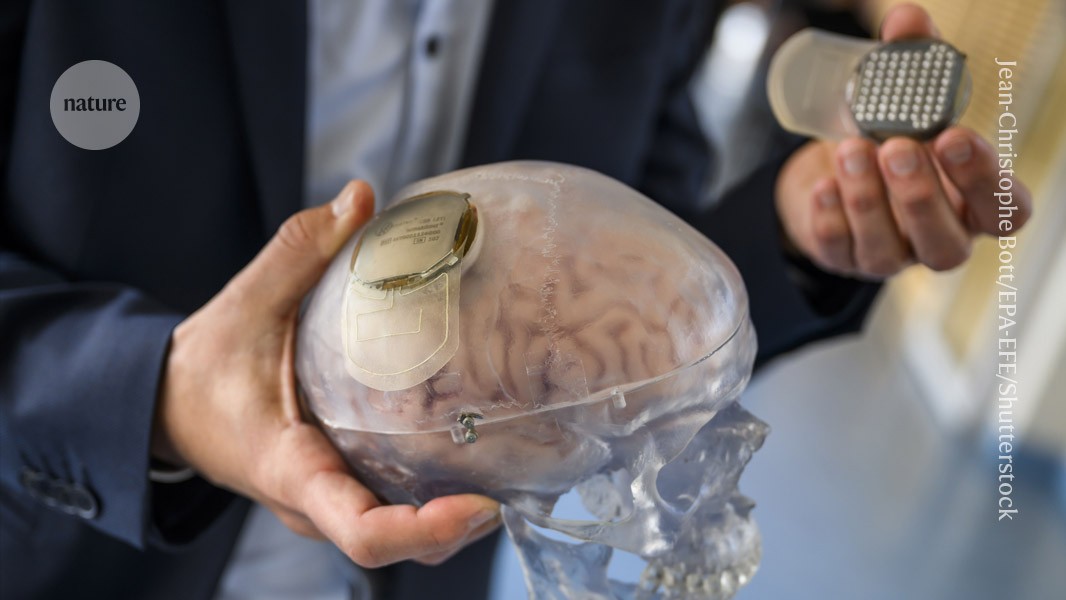
"The principles, while not legally binding, provide a framework for nations to safeguard human rights in the realm of neurotechnology, especially regarding the nervous system."
"Recent advancements in neurotechnology, like brain implants, highlight the potential to restore lost functions, as evidenced by Ann Johnson's experience with her avatar voice."
"The dialogue at the UNESCO meeting emphasized the ethical importance of transparency in how neural data is processed and the implications for user safety."
"The recommendations stress the need for long-term safety assessments of neurotechnologies, ensuring they do not adversely affect users' mental states."
Ann Johnson, who lost her ability to walk and talk due to a stroke, was able to hear her voice again through a brain implant in 2022. This advancement is part of a growing field of neurotechnologies, which have undergone human trials recently. At a UNESCO meeting in Paris, experts established nine ethical principles to regulate neurotechnologies. These principles are intended to protect users from potential human rights violations, emphasizing transparency about neural data usage and ensuring long-term user safety. While not legally binding, the recommendations aim to guide nations in creating policies for the use of neurotechnology.
Read at Nature
Unable to calculate read time
Collection
[
|
...
]